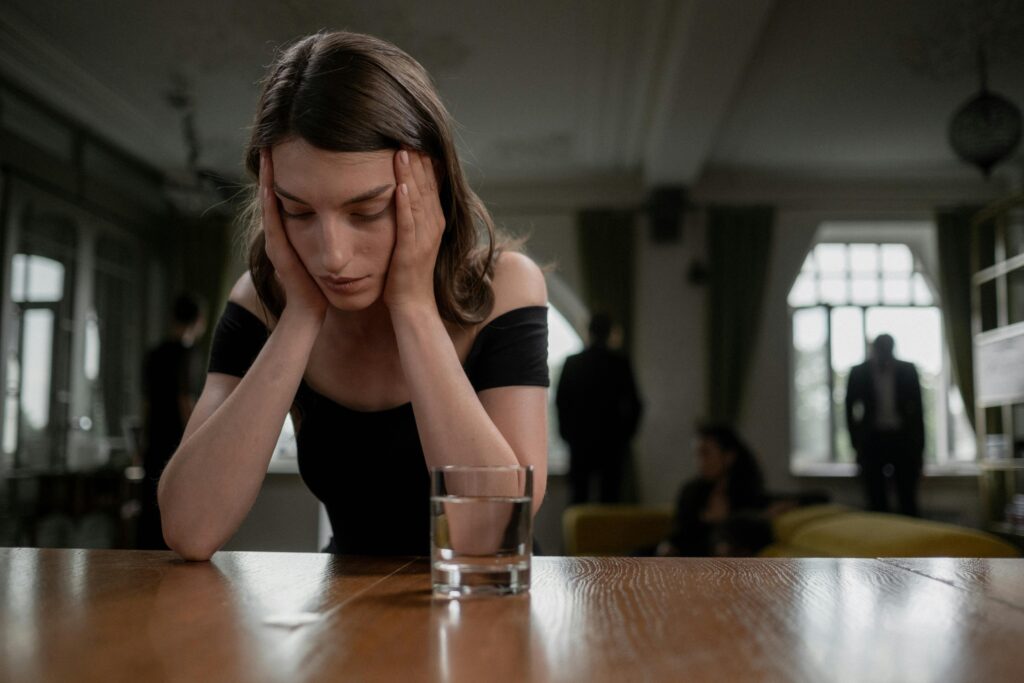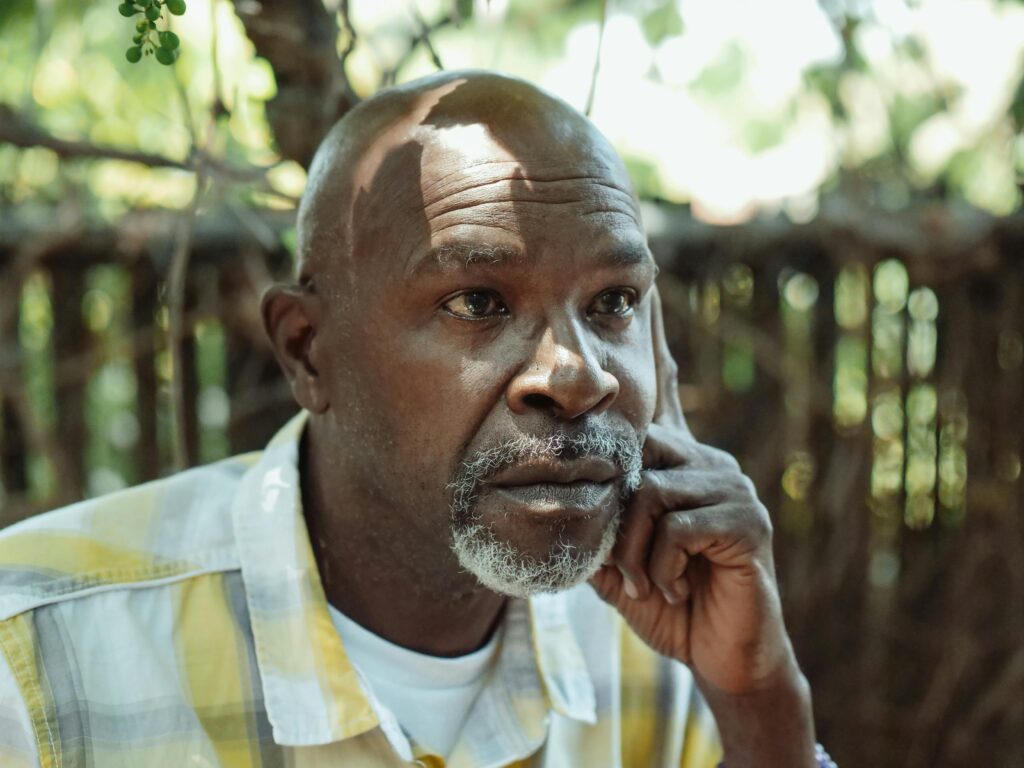Loss Therapy: Understanding Grief and Getting Help
Losing someone you love is hard. You might feel deep sadness, cry a lot, or even feel angry or confused. These feelings are all part of a normal reaction to loss. This is called grief, and it happens to everyone at some point. But when the pain of loss becomes too heavy, loss therapy can help you feel better and find peace again.
In this article, we’ll talk about what grief is, the types of grief, and how grief counseling and loss therapy work. We’ll also go over the stages of grief and explain how therapists help kids, teens, and adults cope with tough emotions.

What Is Grief?
Grief is the emotional pain you feel when you lose someone or something important. This could be a deceased person, a pet, or even a big change like moving away. It’s a normal reaction to losing something meaningful.
Grief is part of many human experiences and can come in different forms, such as:
- Acute grief disorder – grief that starts soon after the loss and feels very strong
- Prolonged grief – lasting sadness that doesn’t go away with time
- Complicated grief – grief that makes it hard to live your daily life
- Traumatic grief – grief after a shocking or painful loss
- Disenfranchised grief – grief that others don’t understand or support
- Cumulative grief – grief from more than one loss happening over time
What Are the Stages of Grief?
Many people go through five common stages, although not everyone experiences them in order. These are:
- Denial – “This can’t be real.”
- Anger – “Why did this happen?”
- Bargaining – “Maybe if I had done something different…”
- Depression – Feeling sad, tired, or empty
- Acceptance – Beginning to understand and cope with the loss
The grief process is different for everyone. Some people move through the stages quickly. Others may get stuck in one place. That’s where loss therapy comes in.

How Does Loss Therapy Help?
Loss therapy helps people deal with intense grief, deep sadness, and other difficult emotions that come with loss. It gives you tools to handle the emotions of grief and learn how to live again.
Here are some ways grief therapy techniques can help:
- Active listening from your therapist so you feel heard
- Helping you express emotional pain in a safe space
- Teaching you how to handle negative emotions
- Improving your social functioning and quality of life
- Creating therapeutic interventions to help your grief journey
Loss therapy can also treat more serious forms of grief, like:
- Complicated grief disorder
- Prolonged grief disorder
- Chronic grief
- Traumatic grief
Types of Therapy Used for Grief
There are many helpful forms of therapy for grief. Different people need different support, so a licensed therapist might use more than one therapeutic approach.
Here are some common treatment approaches:
- Behavioral therapy – Helps you change unhelpful thoughts and behaviors
- Cognitive defusion – Helps you see painful thoughts as just thoughts, not truths
- Interpersonal therapy – Focuses on improving relationships and support
- Art therapy – Uses drawing, painting, or music to show feelings
- Family-focused grief therapy – Helps the entire family heal together
- Bereavement therapy – Special therapy for people who are bereaved
- Therapy for teens – Created just for younger people and their feelings
Each of these therapy types supports psychological flexibility and emotional expression. They help people move from overwhelming emotions to hope and healing.
What Do Grief Counselors and Mental Health Professionals Do?
A grief counselor or mental health professional is trained to understand your grief experience. They use grief therapy interventions to help you through the pain of loss.
Some may work at places like the American Cancer Society, American Counseling Association, or bereavement support organizations. Many follow the American Psychological Association guidelines to give the best care.
They help you:
- Understand your type of grief
- Process complex emotions and complicated emotions
- Cope with profound sadness and intense sadness
- Prevent problems like depressive episodes, chest pain, or even Broken Heart Syndrome (which can lead to a heart attack)
They are also trained to support traumatic experiences, using traumatic grief therapy techniques when needed.
What Are the Symptoms of Grief?
The symptoms of grief can feel very strong, both in your body and your mind. These include:
- Feelings of sadness or crying often
- Trouble sleeping or eating
- Wanting to be alone
- Feeling angry or guilty
- Having trouble with day life tasks
- Feeling lost, confused, or like you’ve lost your sense of identity
- Pain in your chest, stomach, or head
- Feeling like the world doesn’t make sense anymore
These challenging experiences are normal, but they can also be scary. If they last a long time or get worse, it may be time to see a health professional.
Who Should Get Loss Therapy?
Loss therapy is helpful for:
- Kids and teens who lost a loved one
- Adults who feel stuck in grief
- People going through anticipatory grief (expecting someone to pass soon)
- Families dealing with group loss
- Anyone who feels like their sadness is taking over their life
Loss therapy is for bereaved people of all ages. You don’t have to go through it alone.
Techniques of Grief Therapy
Some helpful tools used in grief therapy include:
- Talking about your grief story
- Writing letters to the person you lost
- Practicing mindfulness or breathing exercises
- Drawing or using creative art
- Learning ways to handle painful emotions
- Using worksheets from groups like Therapist Aid
What Are the Benefits of Grief Therapy?
Getting help from mental health counselors or professional counselors can bring many benefits:
- Feeling less alone
- Learning how to manage complex emotions
- Feeling better in daily life
- Preventing problems like depression or anxiety
- Improving your physical health and mental health
- Getting support from someone who cares
The biggest benefit is learning that healing is possible—even after great loss.
Final Thoughts on the Grief Journey
Grief can feel like a big, heavy blanket of sadness. But you don’t have to carry it alone. With the help of loss therapy, you can find light again. Whether you’re dealing with complicated grief, traumatic grief, or just everyday sadness after loss, support is out there.
Therapists, counselors, and support groups all want to help you heal and live a happy life. Grief is hard—but healing is real.

Seeking Treatment? We Can Help!
We work with PPO Out of Network Health Insurance Policies
If you or a loved one are struggling with mental health challenges or substance abuse, reach out to Mountain Sky Recovery today. Our team of compassionate professionals is here to support your journey towards lasting well-being. Give us a call at 951-498-5412. Visit SAMHSA for more information.




